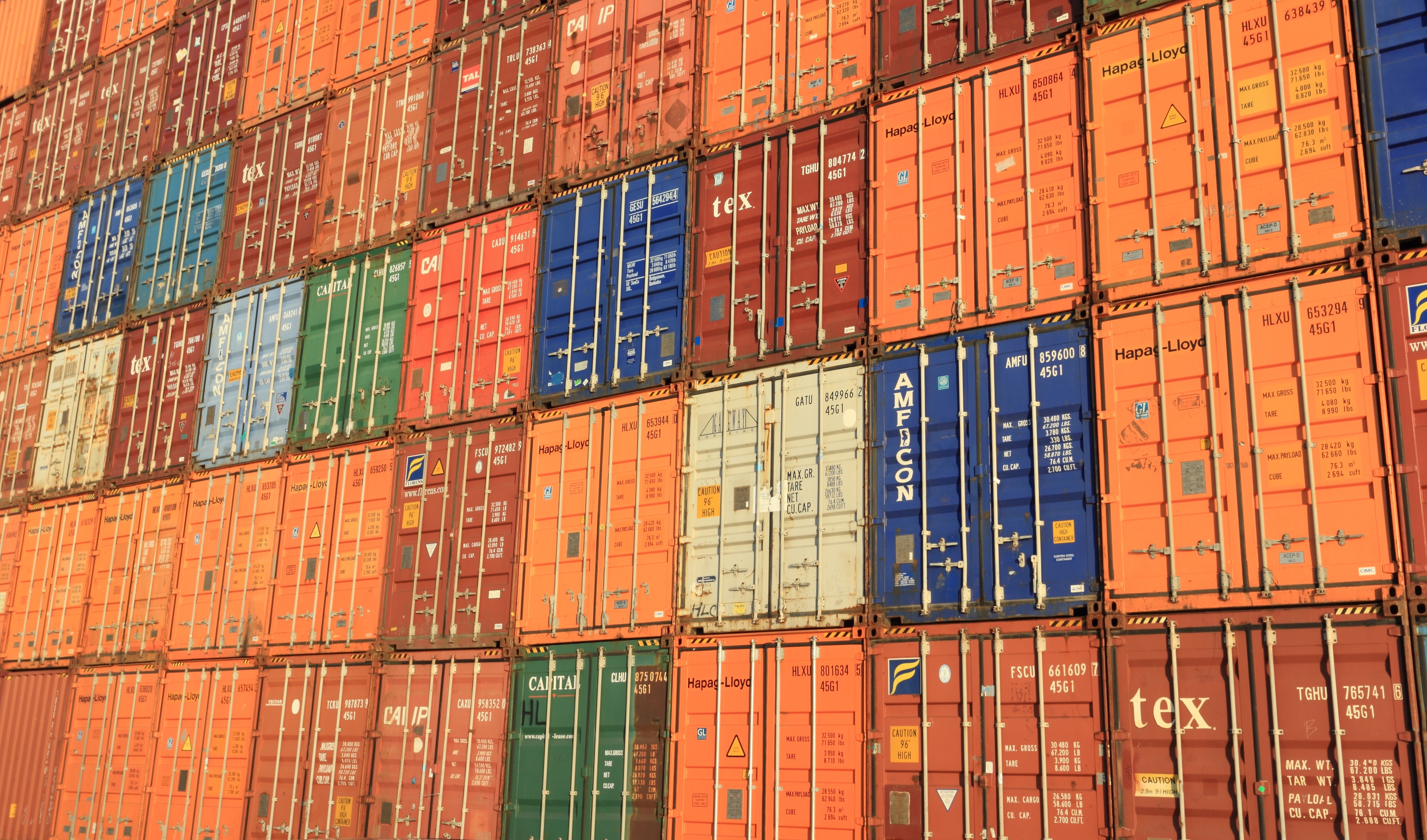Subsidy Allegation
Subsidy Allegation
What is the “subsidy allegation”? The basis for a countervailing duty petition is the allegation that foreign producers or exporters are receiving countervailable subsidies.
What are “countervailable subsidies”? Foreign governments subsidize industries when they provide financial assistance to benefit the production, manufacture, or exportation of goods. Subsidies can take many forms, such as direct cash payments, credits against taxes, and loans at terms that do not reflect market conditions. The statute and regulations establish standards for determining when an unfair subsidy has been conferred. The amount of subsidies the foreign producer receives from the government is the basis for the subsidy rate by which the subsidy is offset, or “countervailed,” through higher import duties.
Key Elements of the Countervailable Subsidy Allegation:
Countervailable subsidies exist when a foreign government or public entity provides a “financial contribution“ to a company which confers a “benefit“ to the company’s production, manufacture, or exportation of merchandise and which is “specific”. In analyzing the subsidy allegation, the Department of Commerce determines whether the petition contains reasonably available information and adequate supporting documentation relevant to financial contribution, benefit, and specificity of each countervailable subsidy alleged.
Financial Contribution:
A financial contribution may involve direct funding by a foreign government or public entity to a producer or exporter, or the indirect transfer of funds through a funding mechanism or a private party. Examples include:
- A direct transfer of funds (e.g., grants, loans, equity infusions) or the potential direct transfer of funds or liabilities (e.g., loan guarantees);
- Foregoing or not collecting revenue that is otherwise due (e.g., tax credits, deductions from taxable income, import duties);
- Providing goods or services for less than adequate remuneration, other than general infrastructure; and
- Purchasing goods for more than adequate remuneration.
- Benefit: A benefit generally exists to the extent that the subsidy recipient receives assistance on terms more favorable than what is available on the market or would normally apply or pays less or receives more than the recipient otherwise would in the marketplace, absent the financial contribution.
- Specificity: There are three basic categories of subsidies that are “specific”: (1) export subsidies, (2) import substitution subsidies, and (3) domestic subsidies.
- Export subsidies and import substitution subsidies are automatically deemed to be “specific.”
- Domestic subsidies may be either de jure (in law) or de facto (in fact) specific.
- An export subsidy is a subsidy that is contingent upon export performance, alone or as one of two or more conditions.
- An import substitution subsidy is a subsidy that is contingent upon the use of domestic over imported goods, alone or as one of two or more conditions.
- A domestic subsidy that is de jure specific is one where the authority providing the subsidy expressly limits the subsidy to an enterprise or industry or group of enterprises or industries. De jure specificity also exists where a subsidy is limited to designated geographical regions within the jurisdiction of the granting authority.
- Even though a subsidy may appear to be generally available to all companies and industries, the actual distribution of benefits is also examined to determine if it may be de facto specific. De facto specificity exists where one or more of the following factors exist:
- The number of actual subsidy recipients is limited.
- Certain enterprises or industries are predominant users of the subsidy program or receive disproportionate benefits under the subsidy program.
- The authority providing the subsidy uses discretion to favor certain enterprises or industries over other industries.
Helpful Resources:
AB-25: Regulations Enhancing the Administration of the AD/CVD Trade Remedy Laws
Sections 701, 702, and 771(5) of the Tariff Act of 1930, as amended
19 CFR 351.202(7)(ii) and 19 CFR 351 Subpart E of Commerce’s Regulations
